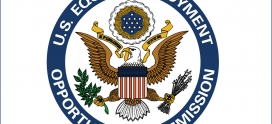Consumer Rights: Can a movie trailer be false advertising?
One of the strangest consumer rights false advertising lawsuits ever filed is taking place in Great Britain, according to the UK Independent. An irate movie fan from Scotland is suing Warner Brothers and DC Comics for false advertising because certain scenes depicted in the trailer for “Suicide Squad” didn’t make it to the final movie, according to the UK Independent. Because of the way False Advertising is defined on both sides of the Atlantic, the plaintiff is not likely to prevail.
For something to be False Advertising, a number of questions have to be answered. Was the advertising deliberately false and misleading?
The problem is that trailers are often made long before the final cut of the movie is created. An expectation exists that footage in the trailer may or may not make it to the film. The purpose of a movie trailer is to give a potential customer a good idea what the movie is about and entice him or her to see the film, not necessarily show what exactly is going to be in the upcoming feature.
In any case, a successful lawsuit over a movie trailer would be to open Pandora’s Box to all sorts of mischief. Most movie trailers advertise their features as the greatest drama since “Citizen Kane,” the most spectacular science fiction since “Star Wars,” or the most uproarious comedy since anything that the late Gene Wilder was in. If the actual product falls short of such claims, the trailer does not belong to the category of false advertising. When going to the movies, the principle of caveat emptor or “buyer beware” prevails.
For more information contact us.



